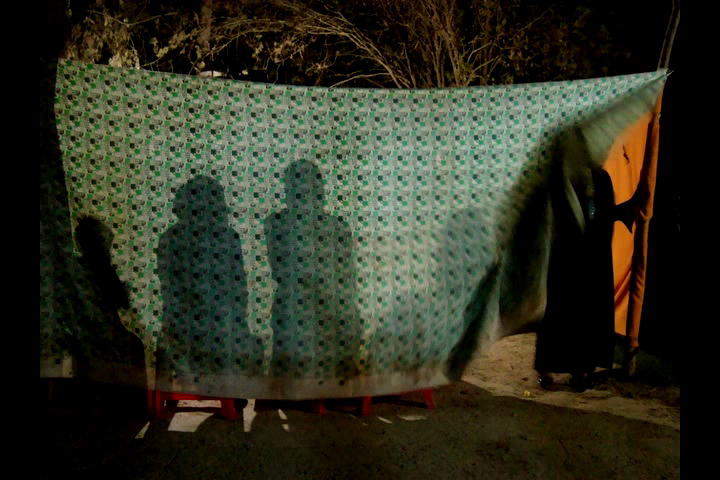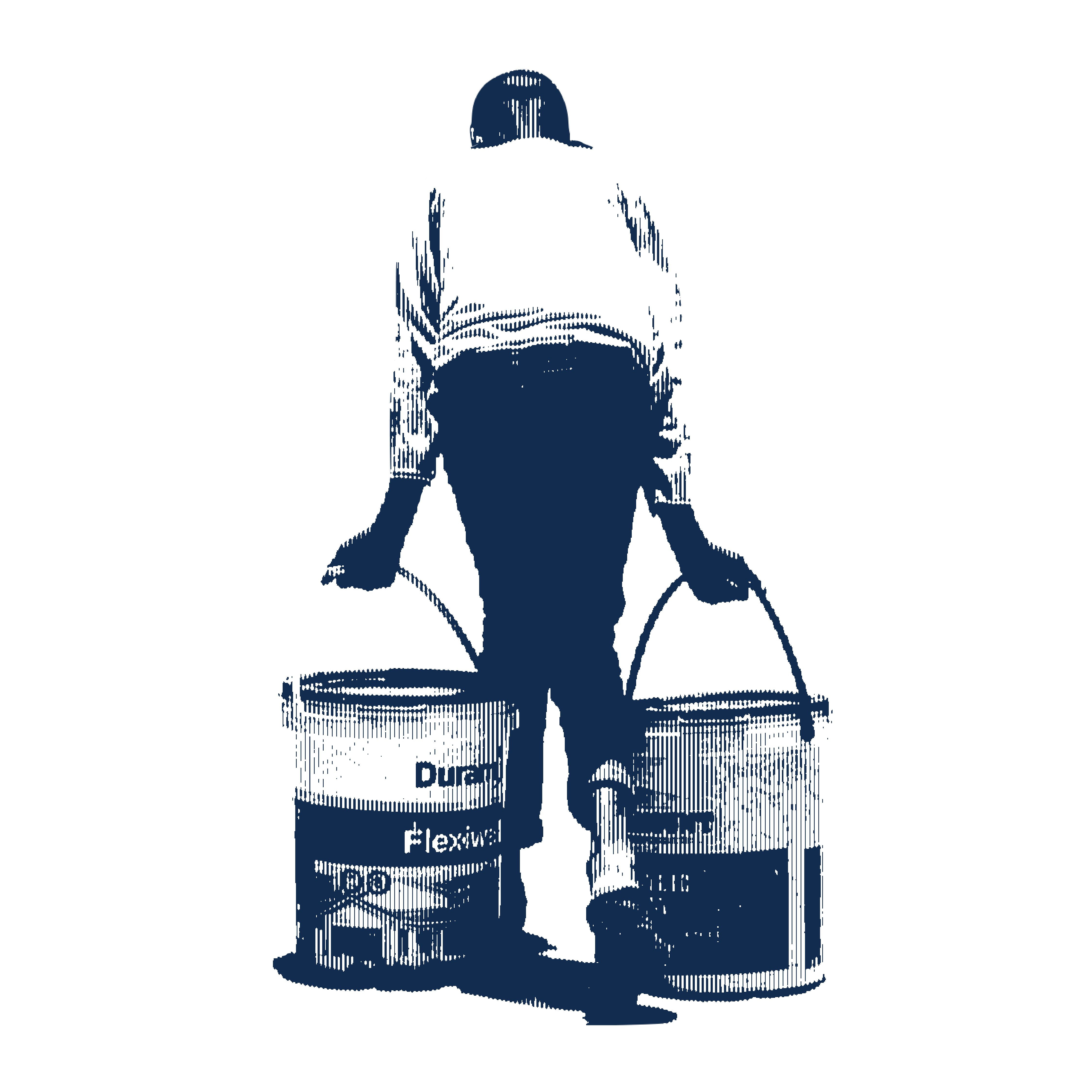
THE WORLD IS A CARPET
"The few people who knew about the village called it Oq, Oqa or Oqan. It was not on any map. Government officials in Mazar-e-Sharif told me the village didn't exist at all, under any name," writes Pulitzer Center grantee Anna Badkhen in her new book about Afghanistan. "No roads led to the village, only herders' footpaths that each rain erased anew."
But Anna found her way to the remote village and spent many months there living among its 240 inhabitants. The result is "The World is a Carpet: Four Seasons in an Afghan Village," to be published later this month by Riverhead Books.
While many journalists have embedded with U.S. military units in Afghanistan, Anna chose to embed with the people of Afghanistan. As readers of her dispatches from the field know, Anna is a gifted storyteller with a unique voice. Her words in this new work weave a rich and understanding tapestry of a people still so foreign to us yet whose fate has become intertwined with our own.
A LONG WALK
Pulitzer Center grantee and National Geographic Society fellow Paul Salopek is another intrepid traveler. To put it mildly. As readers of this space know, Paul set off earlier this year on a 21,000-mile stroll around the globe, retracing the migration of our ancestors from Africa's Rift Valley to the southern-most tip of South America.
Paul checked in with NPR's Morning Edition soon after crossing the Red Sea from Africa to the Arabian Peninsula in a retired Italian ferry that he described as "a floating cow pen." In addition to 23 human passengers, the ship carried 850 camels and 8,000 sheep. Paul said the crossing was "a reminder that all of the world is not globalized."
You can follow Paul's journey at Outofedenwalk.com and
Outofedenwalk.nationalgeographic.com
FRACKTIOUS IN POLAND
Overly optimistic geological surveys painted a picture of untold energy resources trapped beneath Poland's surface, just waiting to be tapped by the controversial practice knowing as hydraulic fracturing—fracking. In a story for PBS's NewsHour, Pulitzer Center grantee Steve Sapienza reports on how the Polish government rolled out the red carpet for energy companies while giving short shrift to the environmental concerns of its own citizens.
Steve and Istanbul-based writer Dimiter Kenarov teamed up to produce a major series on fracking in Poland and the United States, part of a collaboration between the Pulitzer Center and Calkins Media, publishers of Shalereporter.com.


